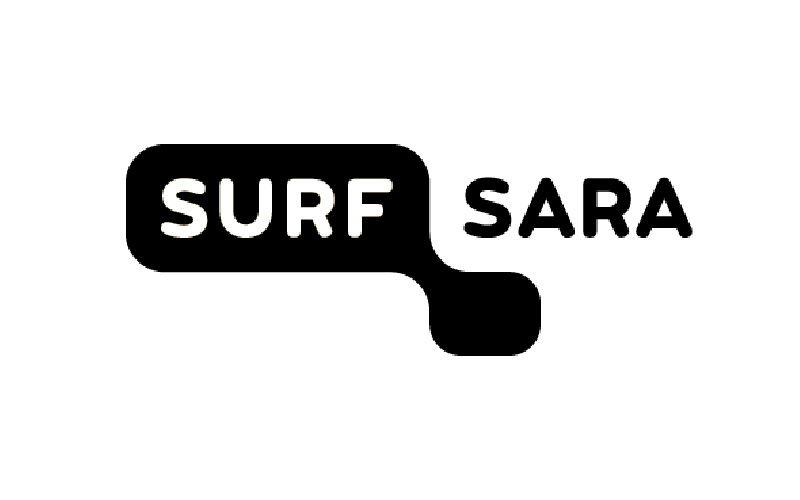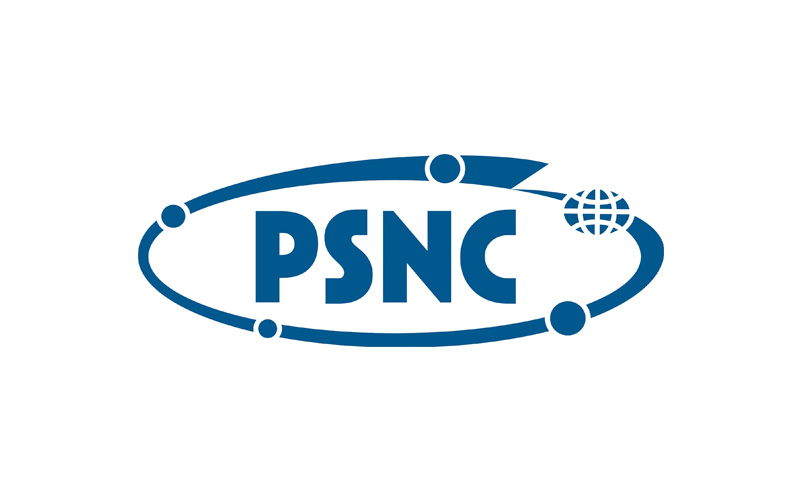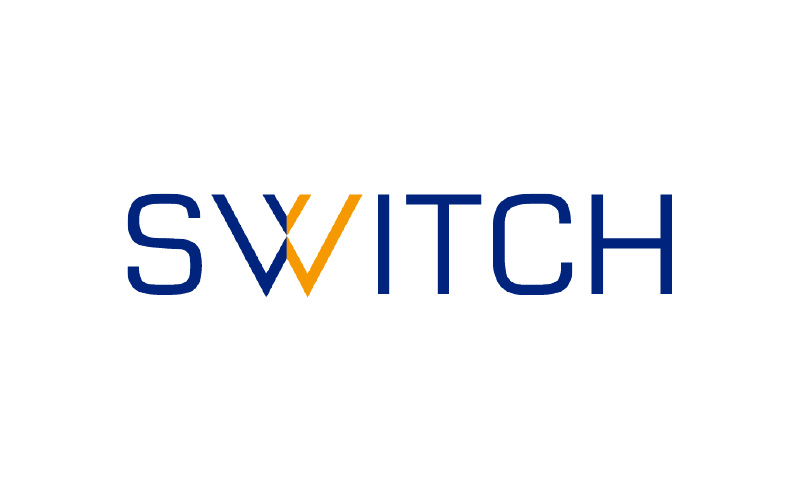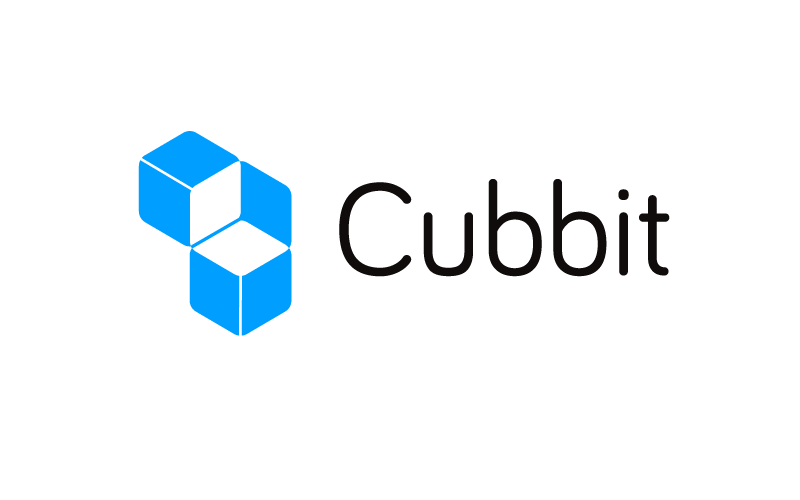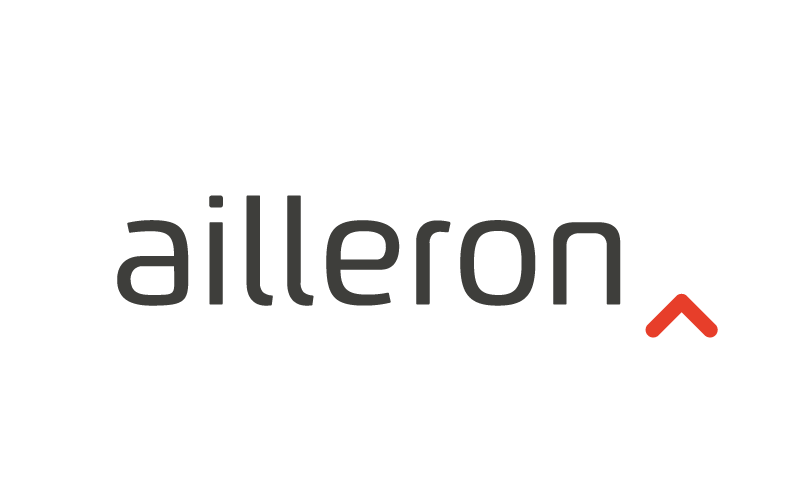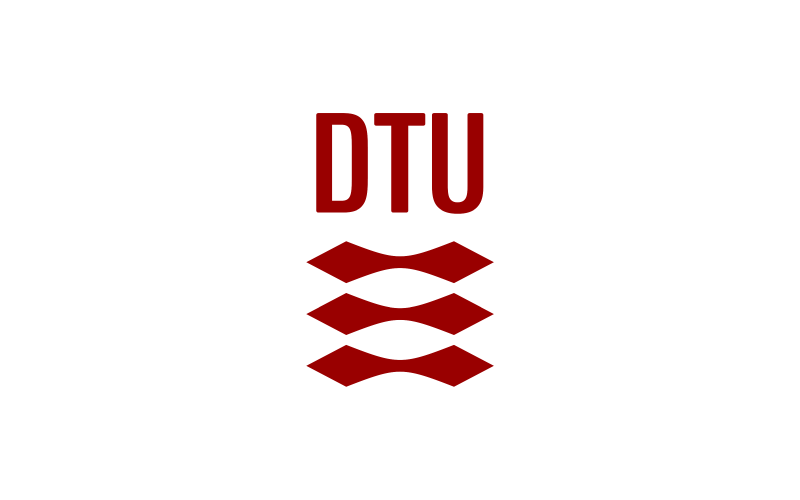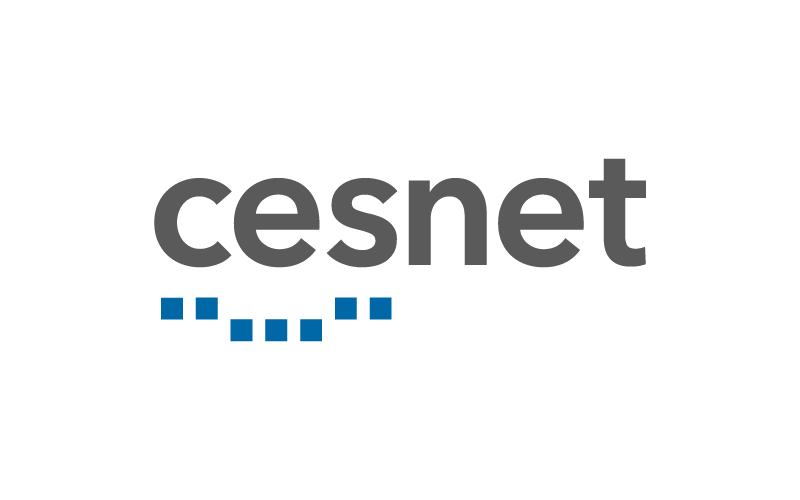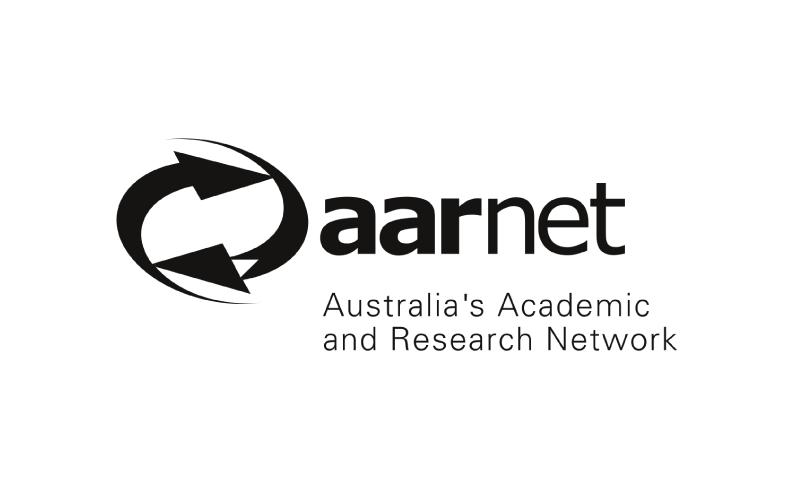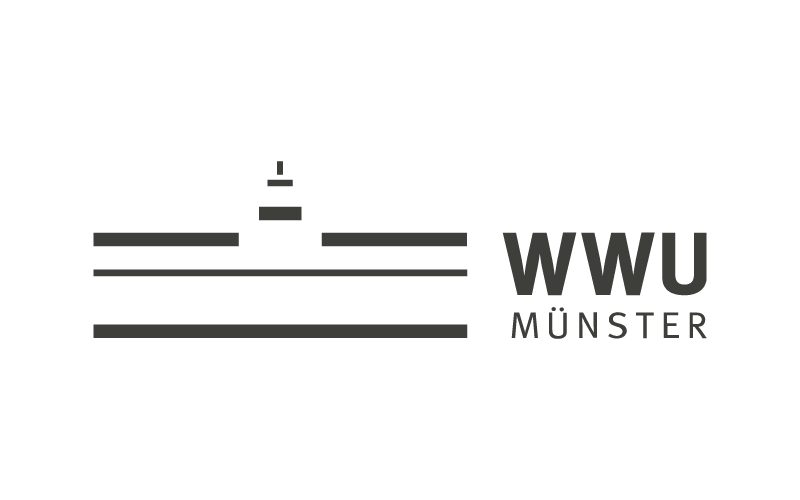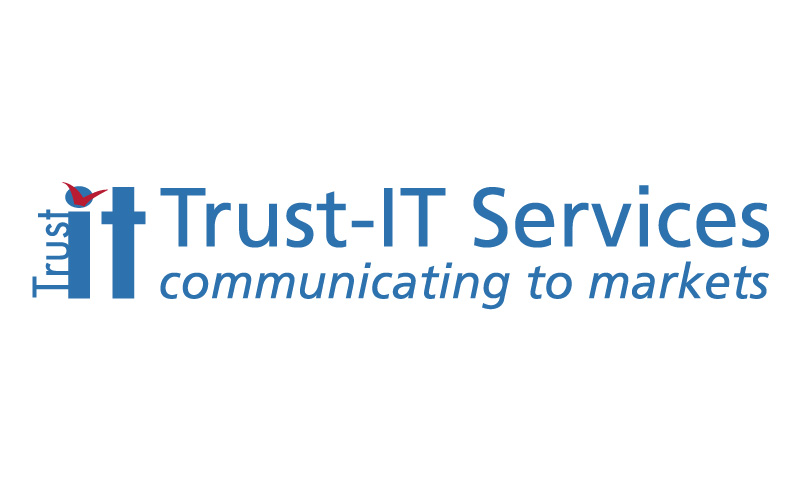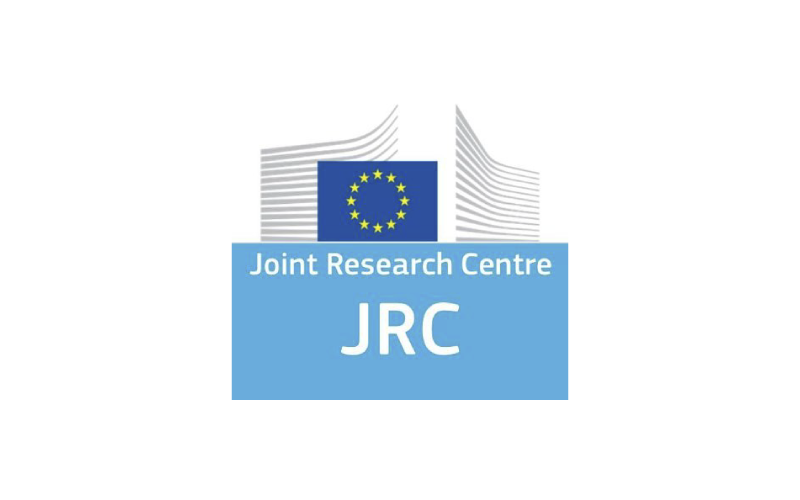
-
to
The CHEP conferences address the computing, networking and software issues for the world’s leading data‐intensive science experiments that currently analyze hundreds of petabytes of data using worldwide computing resources. The Conference provides a unique opportunity for computing experts across Particle and Nuclear Physics to come together to learn from each other and typically attracts over 500 participants. The event features plenary sessions, parallel sessions, and poster presentations; it publishes peer-reviewed proceedings.
The focus of the conference evolves with time to highlight changing technologies and major scientific initiatives. Through the plenary sessions, related scientific and computing topics are presented to ensure a broad and thoughtful program that engages the community. This edition of the conference will place special emphasis on high-performance data organization, management, and access (DOMA), a topic of interest and relevance throughout the scientific community.
The nine parallel session tracks focus on specific topics and often have very animated discussions on the technical merits of various approaches. Birds of a feather sessions promote international communities of common interest.
The CHEP 2023 organizers are committed to fostering a supportive and diverse environment with opportunities for everyone. We take a positive attitude towards having full participation from the whole community, and everybody in the field is encouraged to attend. Attendance of students at CHEP 2023 is strongly encouraged. A diversity event will be scheduled.
A WLCG/HSF pre-conference workshop will be held the prior weekend (May 6-7).
______________________________________________________
CS3MESH4EOSC at the CHEP conference
Who: Hugo Gonzalez (CERN) speaker.
When: 8 May 2023, 14:30
Title of the session: ScienceMesh: pan-European collaboration fabric for Science
Over the last few years, Cloud Sync&Share platforms have become go-to services for collaboration in scientific, academic and research environments, providing users with coherent and simple ways to access their data assets. Collaboration within those platforms, between local users on local applications, has been demonstrated in various settings, with visible improvements in the research production process. However, extending this paradigm beyond the borders of local and regional services has shown to be a challenge.
The EU-funded CS3MESH4EOSC Project aims to address that problem by providing a bridge between local data and applications and remote users in what can be described as a "mesh" of interconnected services. The ScienceMesh, a pan-European federated network of interoperable services, is the main outcome of this Project.
Hugo will present the architecture of the ScienceMesh and how it can be leveraged to extend local functionalities to remote users in other institutions, extending HEP beyond national frontiers and boosting cross-disciplinary research. He will then explain its technical foundations, from the APIs and protocols used in its design to the workflows which underlie its operations. Hugo will also discuss the challenges faced during the implementation of the project, especially the integration with the two major open-source Sync&Share products on the market (ownCloud and Nextcloud). Hugo will finish by explaining how we plan to extend the ScienceMesh to other areas and geographies.








